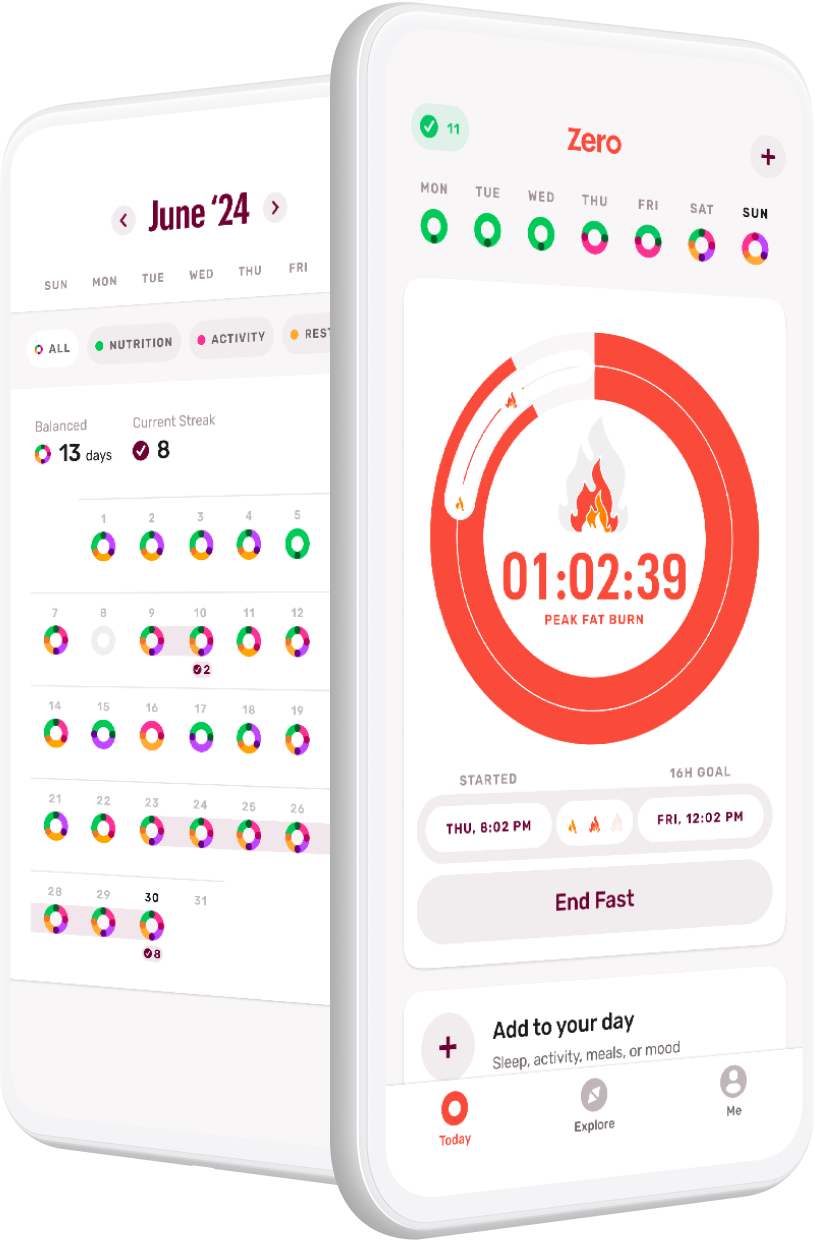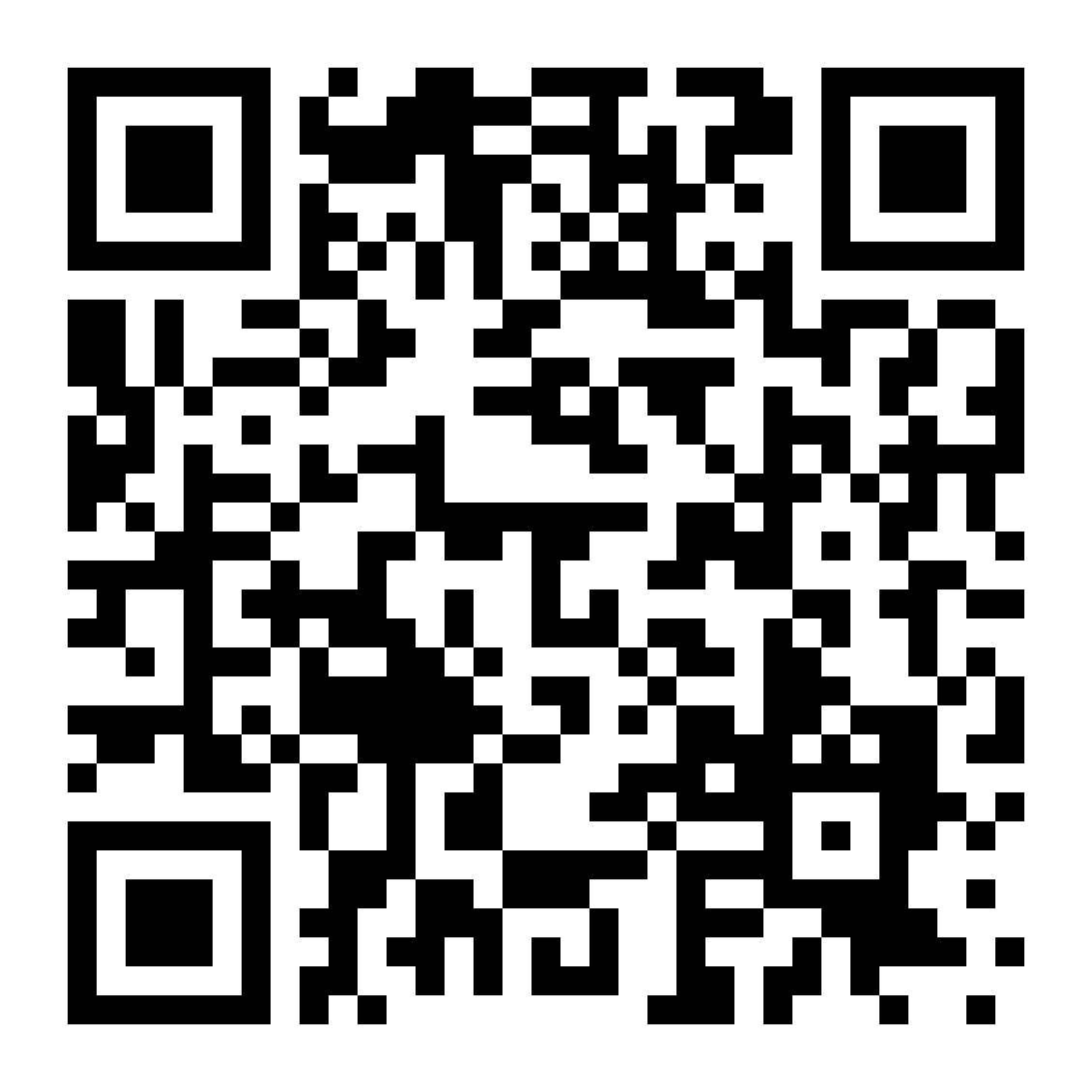My mother was a classic ’90s-era dieter. She read the magazines. She checked labels. She bought low-fat and fat-free versions of whatever she could. And while she never taught me any of this explicitly, I absorbed implicit lessons about my own weight and how I ought to manage it — namely as a math equation. My body burned a certain number of calories each day, and if I wanted to lose weight, I needed to consume fewer calories than I burned.
It wasn’t until packing on the freshman fifteen in college that I started seriously pursuing weight loss, and I did it the only way I knew how. I ate nonfat yogurt, dry bagels, and other joyless foods, and the pounds came off . . . but I was starving. All the time. I didn’t feel strong or healthy, likely because, in hindsight, a lot of the pounds I was shedding were probably made of muscle. And I was mentally and emotionally exhausted. Every encounter with food was a battle between what I wanted and what I’d allow myself to have.
Cue my decades-long battle with yo-yo dieting.
Intermittent Fasting Was the Answer
As I’ve written about before, intermittent fasting is what finally pulled me out of the vicious dieting cycle. The rules of calorie counting (and numerous other diets) were never sustainable for me because they required me to be “on” and surveilling my food choices all the time. Intermittent fasting, on the other hand, is more like an on/off switch: Either I’m eating or I’m not. When I’m not eating, I don’t need to monitor my food choices . . . because there aren’t any. And, as it turns out, by not eating during certain times — especially breakfast, when I’d otherwise be making poor food choices — I can wind up in a caloric deficit without needing to count at all. The deficit is a spontaneous side effect of how I’m eating, and it’s been immensely freeing.
Mindfulness Still Matters
There is one thing I’ll say in favor of calorie counting and, in fact, most diets: They make you more aware of what you’re eating. Where you might otherwise grab whatever’s tasty and within reach, a diet will make you assess the choice, first.
With intermittent fasting, my “food assessments” feel less fraught because there are no longer “good” or “bad” foods. Yet when I am intentional about when I eat (and when I don’t), I find myself being more attentive to what I eat, too. For instance, there was a period where I broke my fast almost every day with a certain type of high-protein smoothie because I knew it gave me the nutrients I needed. This routine helped me get down to my healthy weight, and at no point did I feel deprived or like I “craved” a different lunch.
All of this is to say, awareness and intentionality around your food can positively impact your health; you just need an approach that won’t turn into strict self-policing. To help you cultivate and practice this mindset, we’re launching the Summer Check-In Challenge. For seven days in the month of July, you’ll use Zero to track your fasts, Fast Breakers, and mood. By the end of the Challenge, you’ll have gained a greater awareness of your progress towards your health and longevity goals, and recognize any habits that you’ve let drift throughout the year.
I’ll be joining you on this adventure, so as you go through your check-in, let me know how it’s going! I’d love to hear what’s working, what’s not, and what we can do even better in the future.
- Tom’s July Update - July 8, 2024
- Tom’s June Update - June 11, 2024
- Tom’s May Update - May 9, 2024

